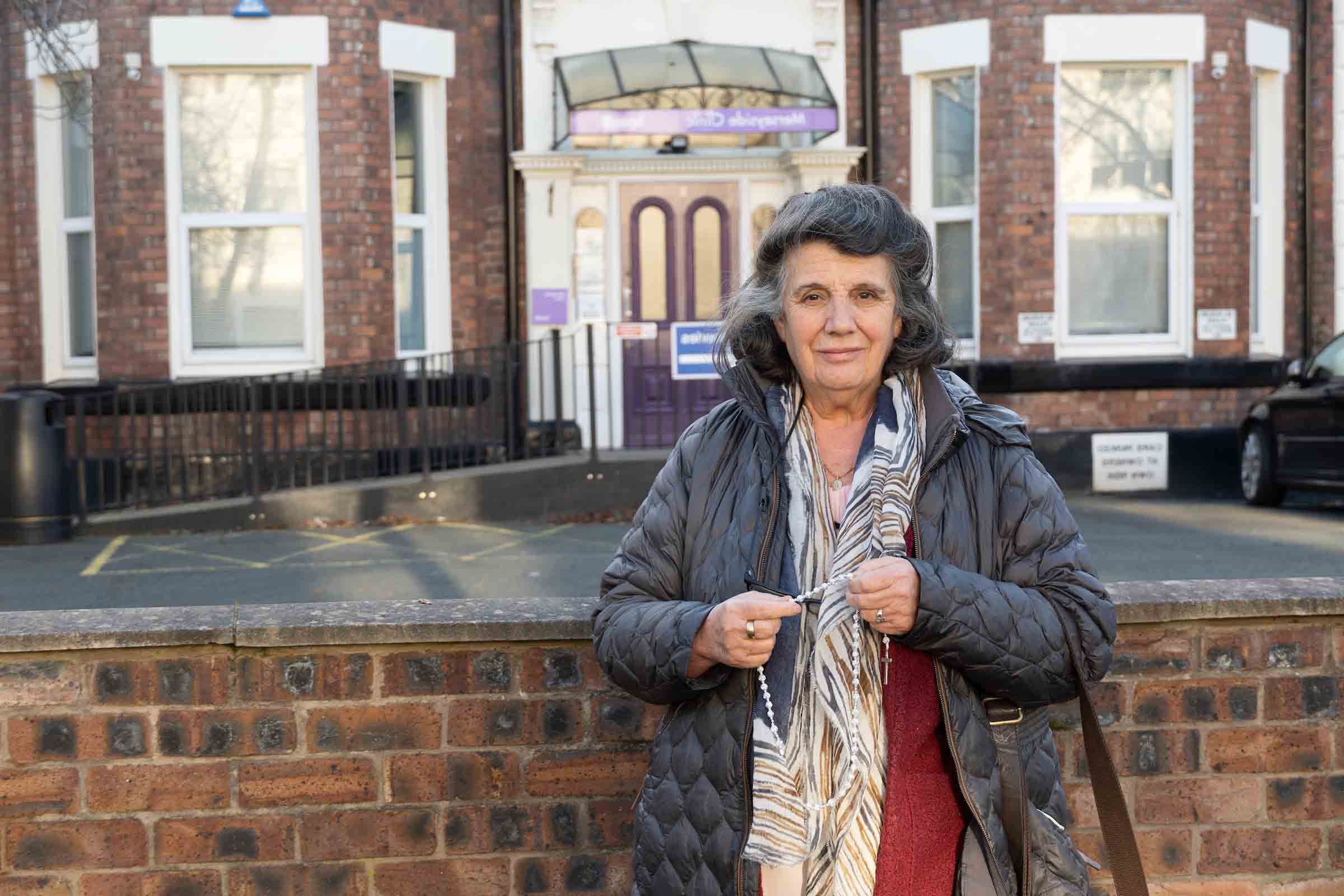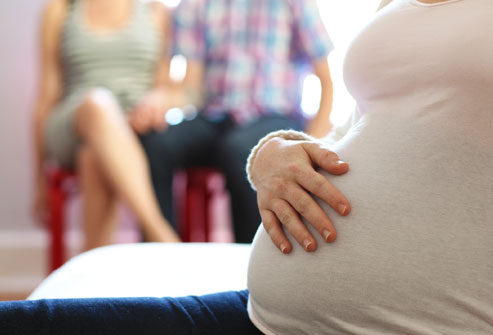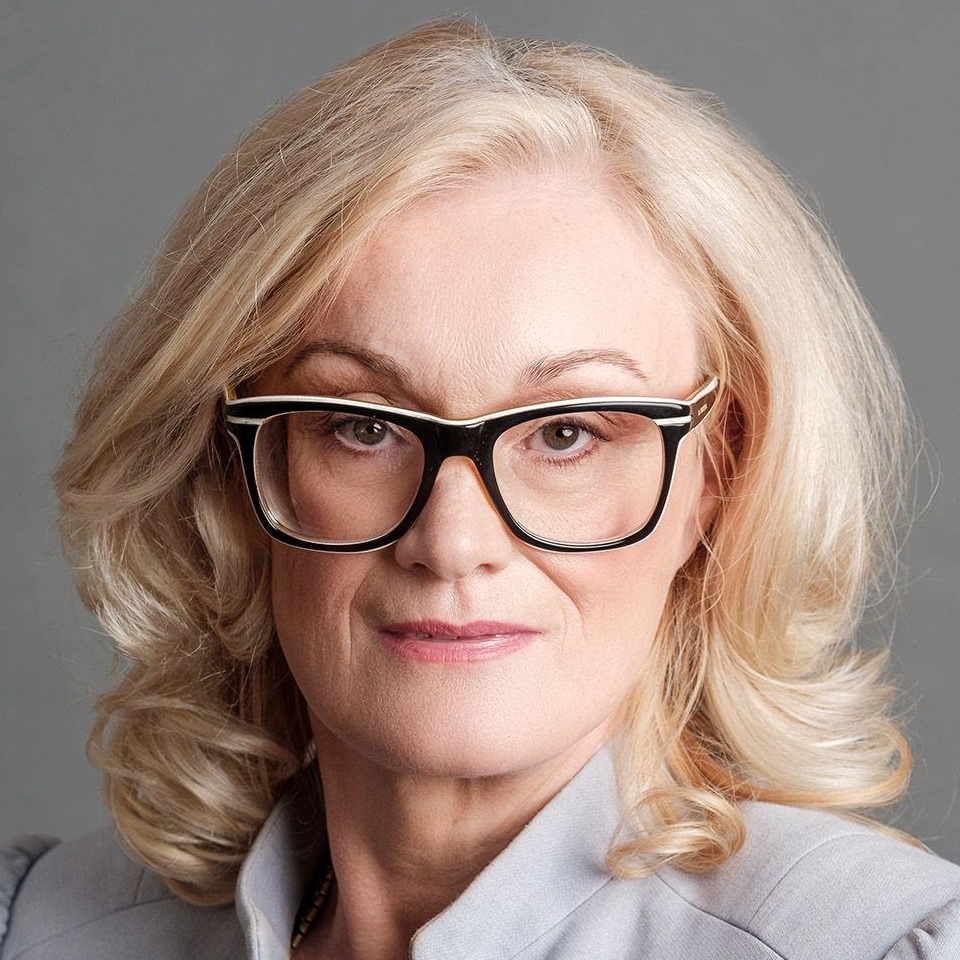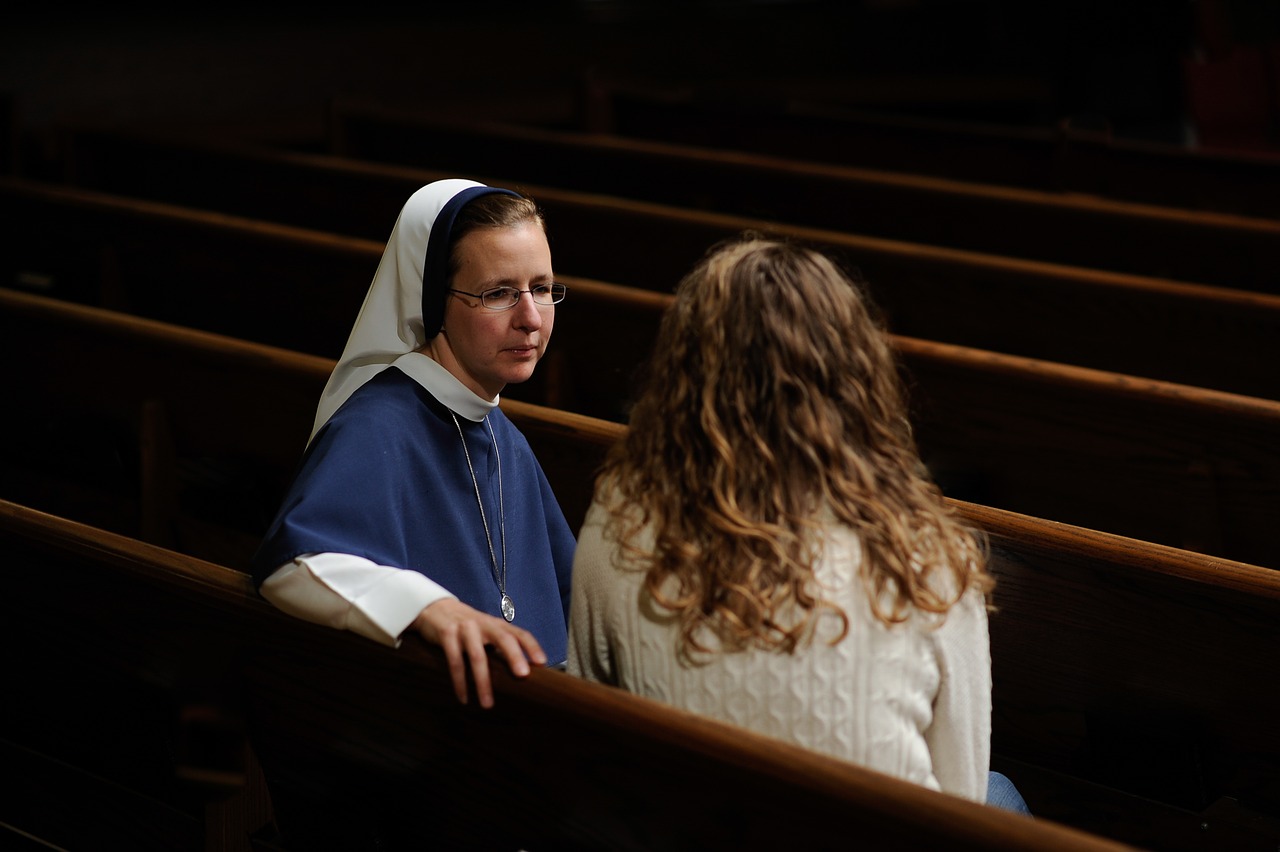Severe court delays have prevented an elderly member of the UK public from being exonerated of charges she incurred while praying outdoors, in the vicinity of an abortion clinic, during a coronavirus lockdown.
Rosa Lalor received a penalty when on a prayer walk in 2021.
She pled “not guilty” but the case has not moved forward since then.
Rosa had walked and prayed almost every day during the 2021 lockdown as part of the daily exercise permitted by the regulations at the time. She walked near an abortion facility, as she prayed about the issue that was on her mind. She was masked, socially-distanced, alone. She prayed silently, wearing headphones.
When approached by a police officer on 24 February 2021, Lalor was questioned as to why she was outdoors. Lalor answered that she was “walking and praying”. The officer responded that Lalor wasn’t praying in a house of worship, and that she did not have a “reasonable excuse” to be outdoors at that time. The officer claimed that Lalor was there to “protest”. She was arrested, detained in a police car, charged and fined £200 under temporary coronavirus measures.
“The right to express faith in a public space, including silent prayer – is a fundamental right protected in both domestic and international law. Whether under coronavirus regulations or any other law, it is the duty of police to uphold, rather than erode, the rights and freedoms of women like Rosa. Such arrests subject otherwise law-abiding individuals to distressing and drawn-out criminal proceedings, leading to a chilling effect on freedom of expression and religion generally,” said Jeremiah Igunnubole, Legal Counsel for ADF UK, which is supporting Rosa’s case.




















